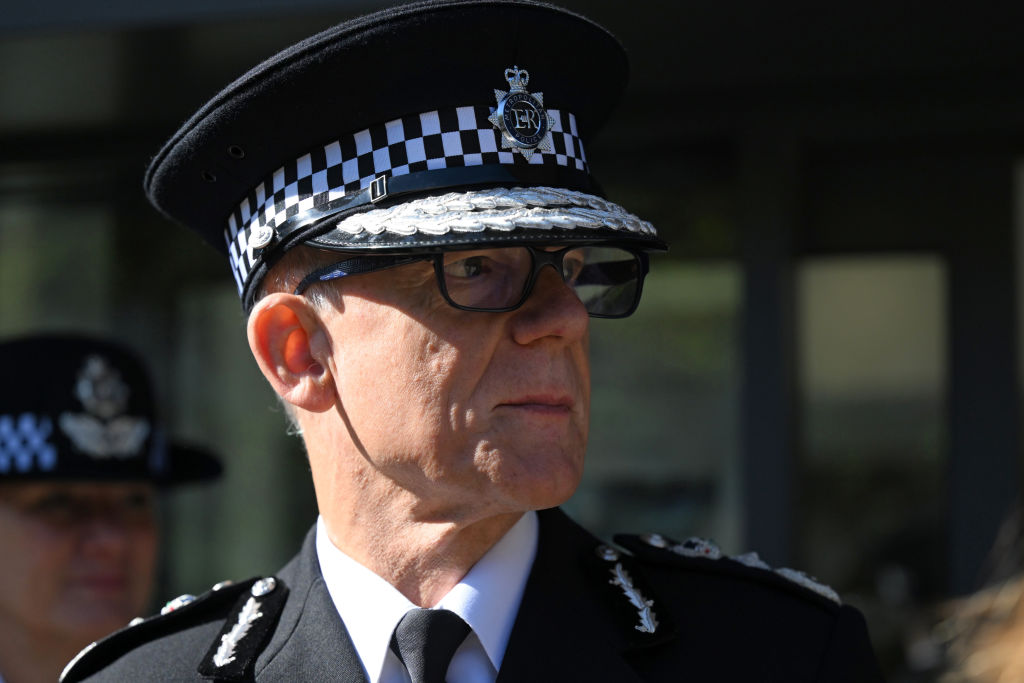Analysis: The latest Met investigation is proof systematic failures go a long way back

“We’ve been too permissive, that’s very very clear” was the admission Met chief Mark Rowley made on Thursday, when speaking about the admission criteria for policemen. It comes after the force published the results of its latest investigation into the conduct of its officers, and found 196 members of staff will have to go through risk assessments or revetting processes after being deemed a potential risk.
The investigation was called Operation Onyx, and was kick-started by Rowley after the David Carrick scandal. Carrick was part of the Parliamentary and Diplomatic Protection Command (PDPC) – and was found guilty of raping and sexually assaulting 12 women over almost twenty years of being in the force.
Under Operation Onyx, 1,131 members of the Met who had faced allegations of domestic abuse or sexual offence were reviewed. Taking the 196 who pose a potential risk out of the equation, another 689 cases will face additional scrutiny, while 246 were cleared.
“I said when I joined six months ago that we have to do the biggest doubling down in standards in policing that we’ve seen in fifty years. This is all part of that”, said Rowley. Since coming into the post, the Met chief has made a point of being serious about removing “the cancer from the body”, in his words, ensuring people are able to trust the force again.
He is contemplating what would look like an almost total ban on recruiting people with convictions or cautions.
The last months have been a rollercoaster for Rowley. There was the Carrick scandal – which posed serious questions about the PDPC, given that Wayne Couzens, the killer of Sarah Everard, was part of the same unit. Then there was the Casey report recently, that suggested breaking up the Met if it doesn’t undergo serious reforms. The report hinted that areas of national responsibility like counter-terrorism could be taken away from the Met and given to other institutions.
The sweeping type of reform Rowley has been talking about will require a lot of effort – and changes in legislation. Regulation of the police is under the power of the Home Secretary, and currently under consultation. “Most of these changes can come through secondary legislation, some of them might require primary legislation which might take a bit longer”, said Rowley on the Today programme.
The Met chief wants more power to sack officers who shouldn’t be in the force. “Not having clear provisions to dismiss people who have failed the revetting process is crazy”, he said. More than 1,500 officers or members of staff in England and Wales faced complaints of violence against women or girls between October 2021 and March 20222. Ninety-one per cent of the complaints resulted in no further action being taken. Only 13 officers were dismissed.
Change in the system is urgently needed – but people will need to see tangible results to even start contemplating trusting the force again, especially if they’re women or from minority ethnic groups. Some vague secondary legislation might not convince them.
Rowley’s efforts are laudable, but the latest numbers are yet enough proof of systematic failures that have been going on for decades under the radar. Now, they’re all bobbing up – and it’s not looking good.